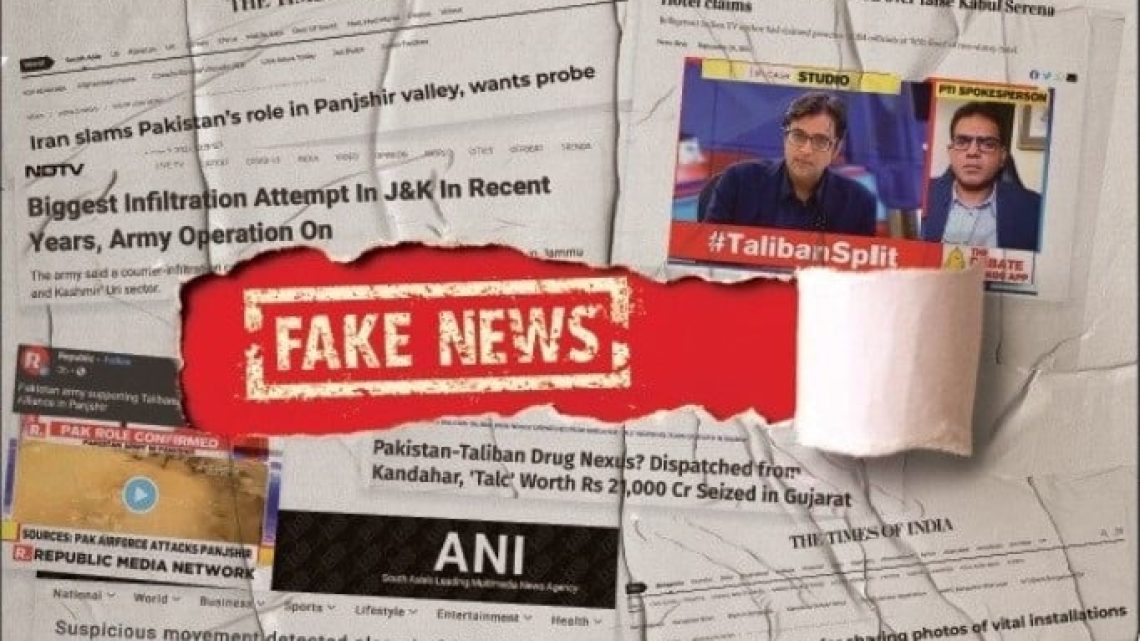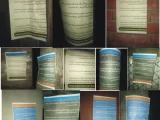
India Runs a Fake News Industry: A Call to Action
April 22, 2024The proliferation of fake news has transformed into an insidious industry within India, with dire consequences both domestically and internationally. A recent investigation by CNA Insider has brought to light the alarming scale of this phenomenon, uncovering 750 fake media outlets operating from India and spanning across 119 countries, disseminating misinformation through 550 domain names. This network of deceit has not only inflicted damage on India itself but has also emerged as a significant threat to global stability and democratic values.
According to a 2023 Statista Survey, disinformation has emerged as the foremost risk confronting India, surpassing even infectious diseases, illicit economic activity, and inequality. The BJP has emerged as a central player in this disinformation ecosystem, leveraging fake news to advance its political agenda and undermine its adversaries, both at home and abroad.
The BJP government stands accused of orchestrating the spread of political disinformation through various channels, particularly on social media platforms. Thousands of freelance content creators have been identified as instrumental in disseminating propaganda supportive of the BJP’s agenda, thus perpetuating a cycle of misinformation and manipulation.
Investigations into troll farms have revealed their complicity in spreading hate and misinformation in favor of the BJP government, exacerbating social divisions and undermining communal harmony.
Instances such as the spread of false rumors about child kidnappings have led to tragic consequences, including the lynching of innocent individuals. While proposed amendments to counter fake news on social media have been introduced, concerns have been raised about the potential for censorship and infringement on freedom of speech.
The BJP has consistently exploited religious polarization and misinformation to incite violence and sow division among communities. Journalists who dare to expose religious-based fake news often become targets of threats and intimidation, further stifling freedom of the press and perpetuating a culture of fear.
The complicity of platforms like Facebook in amplifying fake news during critical events, such as elections, and exacerbating communal violence through viral misinformation on platforms like WhatsApp, underscores the urgent need for decisive action from the international community. It is imperative for global leaders, regulatory bodies, and tech giants to hold these platforms accountable for their role in facilitating the spread of disinformation on behalf of the BJP government in India.
To conclude, the fake news industry in India poses a grave threat to democracy, social cohesion, and individual liberties. Addressing this menace requires concerted efforts at both the national and international levels, including stringent regulation of social media platforms, promoting media literacy, and safeguarding the independence of journalists. Failure to act swiftly and decisively risks further erosion of democratic norms and exacerbation of social tensions, with far-reaching implications for India and the world at large.

